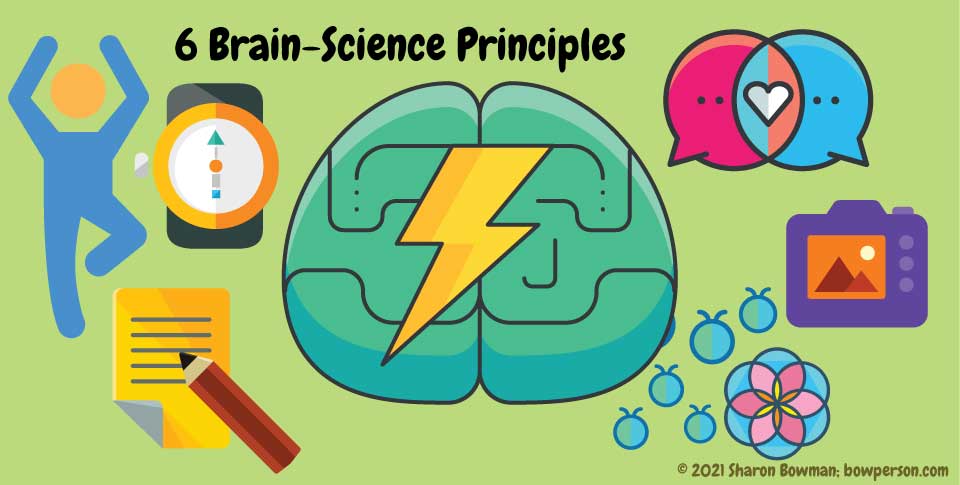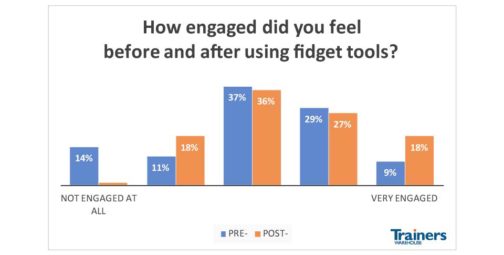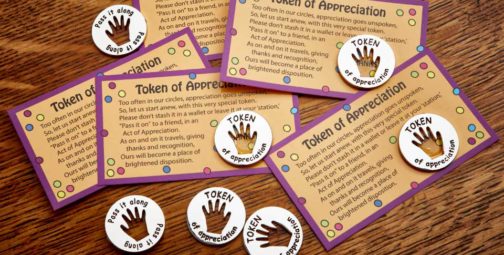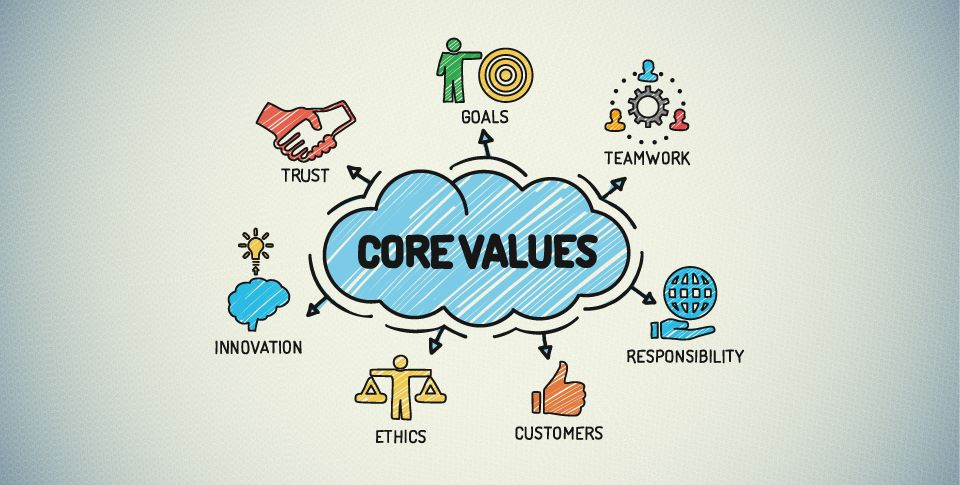Category: BRAIN SCIENCE
For over 30 years, Trainers Warehouse has sold tools and resources to promote active, brain-based learning. Trainers frequently ask us how they can get buy-in from managers. Facilitators of learning view games and fidgets as important tools of their trade, but managers sometimes see them only as “toys.” As such, we’re on the lookout for brain science research that supports the learning theory and applies the neuroscience of learning.
Learning from Mistakes – Bloopers, Oops, & Outtakes
I was cruising around some training and coaching websites and noticed Diana Frances’ link to UGLY PHOTOS. I really did “LOL” as I browsed her portraits laden with half-closed eyes and silly expressions—shots that normally get trashed, not posted. While most of us completely avoid showing our... Read More15 Fascinating Facts about Smiling
I’m a happy person, a glass-half-full, an optimist. So when I see an article about the benefits of smiling, I can’t help but smile myself. Smiling seems so core to a positive workplace, effective customer service, and successful training. 7 Interesting Facts about Smiling Smiles use 5 to... Read More6 Brain-Science Principles Every Trainer Must Know
It’s not brain surgery. These 6 brain-science principles for learning, developed by Sharon Bowman, should be used by every trainer and teacher, every day. Period. What’s really cool is that the dozens of active learning techniques explained here can be applied to live or virtual training... Read MoreNuts and Bolts of Applying Brain Science to Teaching
I’m always on the lookout for ideas that apply knowledge of how the brain works to specific teaching and facilitation techniques. So, my interest was piqued when I came across Daniel Willingham’s article, “Unlocking the Science of How Kids Think.“* He explained that 16 years ... Read MoreDo fidgets boost engagement?
Prestige Worldwide, a consulting team of Suffolk University business students, set out to understand the impact of using fidget tools in classroom and workplace environments. They conducted surveys before and after introducing fidget tools into learning environments, asking 119 students in 2 classes... Read MoreThe Neuroscience of Success at Work
When talking with Melissa Thompson of HarcourtHealth, I was reminded of the unique benefit that comes with my job–staying on top of the latest neuroscience research on what makes people successful at work. Our conversation prompted her article in Inc. Magazine, “3 Things Successful Pe... Read MoreTraining Games? 40 Reason Why!
One recent LinkedIN discussion that drew a lot of interest asked “Why do we use Training Games?” So many people liked and commented, that I wanted to synthesize the conversation and pull out the highlights. Whether you’re using games to improve communication and listening skills,... Read MoreCriticism, Feedback and the Power of Praise
A good leader knows how to give feedback and praise. Just ask Kim Scott, whose TED Talk on Radical Candor, transformed our understanding of what it means to be a good boss. Certainly, criticism may be hard to take, but withholding feedback doesn’t do anyone any favors. Scott’s “r... Read MoreBuilding Relationships through Better Communication
When opposing parties get to the negotiating table, they too often dive into the meat of the deal and begin arguing for their perspective. We see that in how our government operates today and in how people discuss politics, family matters, work challenges, and more. It’s time to STOP, take a s... Read MoreHow do you promote core values in your company?
YFS Magazine (Young, Fabulous and Self-employed) ran an article a while back “100 Core Values from 15 Winning Companies.” They looked at a range of companies, including Zappos, Toms Shoes, Whole Foods, Accenture, Teach for America, Rackspace, A Weber, Barnes & Noble, Google, American Express... Read MoreThe Neuroscience of Learning
Through brain science research, we've learned more about the parts of the brain and how they work together to help us understand and retain new information. We understand, for instance, that:- Greater engagement leads to deeper learning. And, the more areas of the brain that are in use, the more memorable the learning episode.
- Focus decreases during longer learning segments.
- Visual images, mnemonics, and metaphors help our brains organize information.
- Endorphins create feelings of euphoria and activate our frontal lobes, the part of the brain responsible for learning.
- Cortisol, the stress hormone, inhibits memory and attention.











